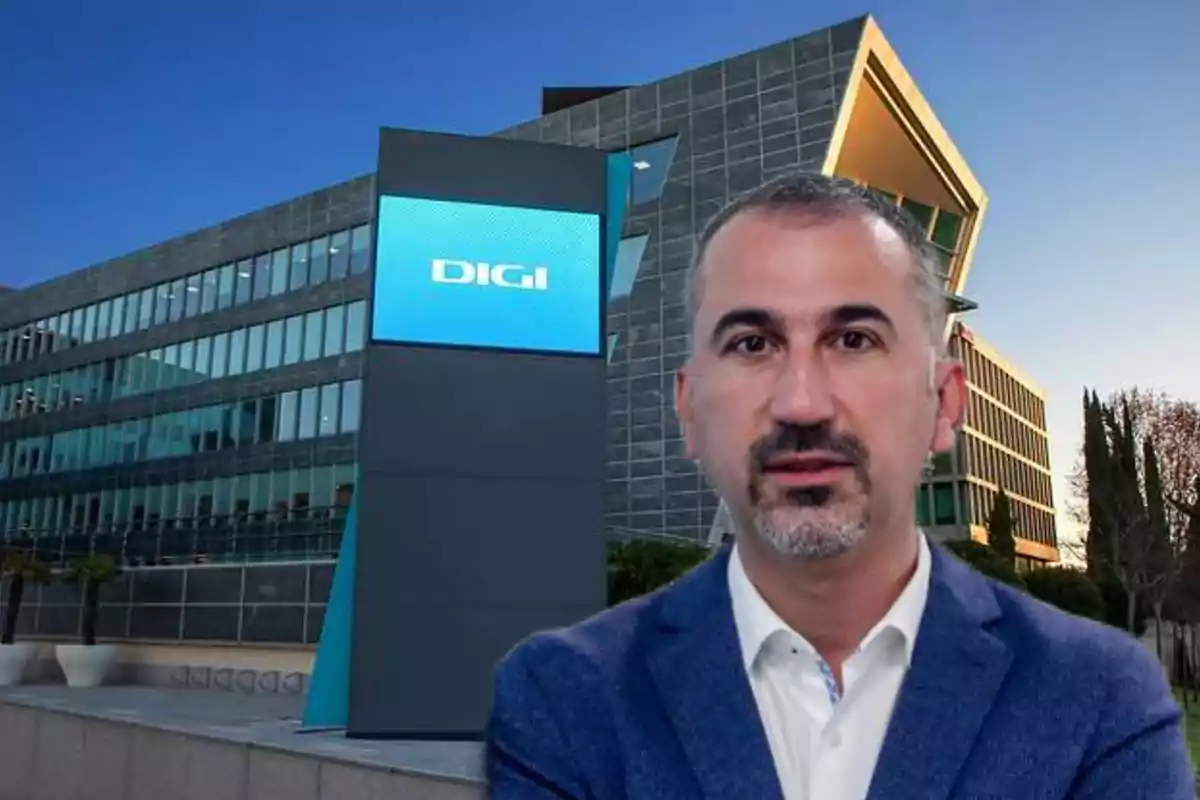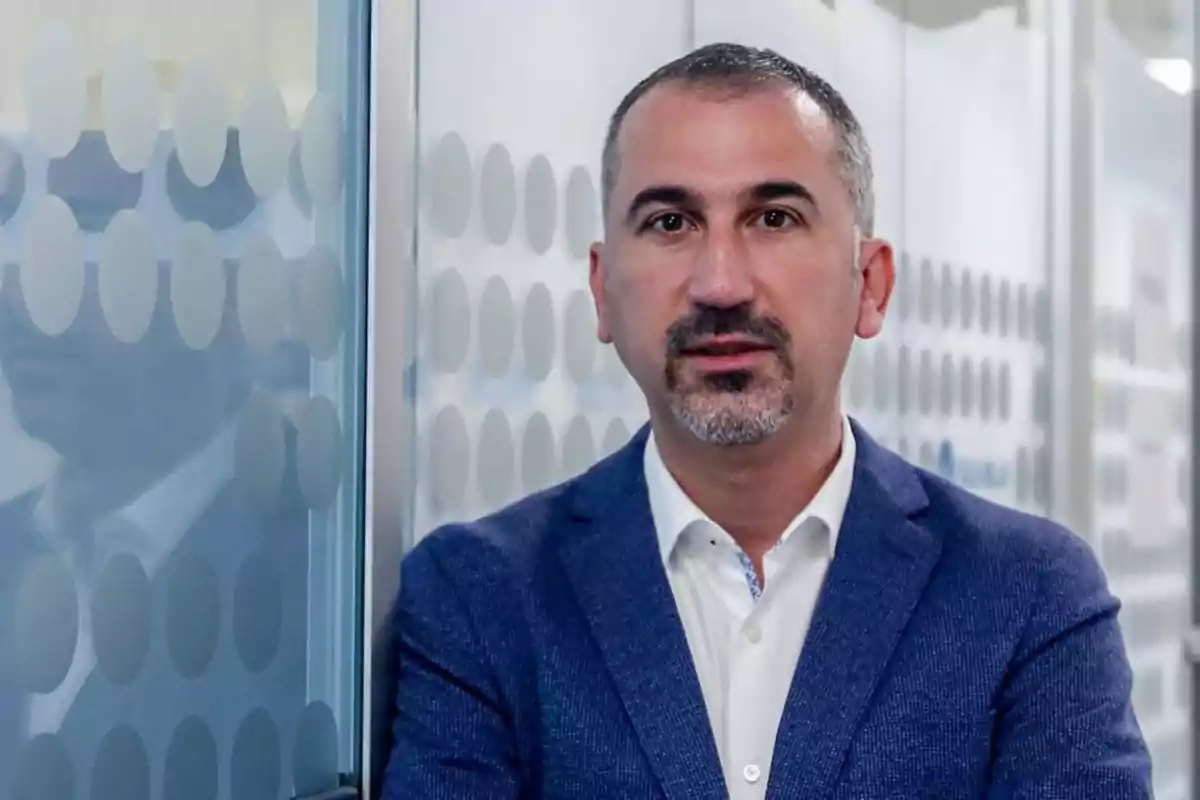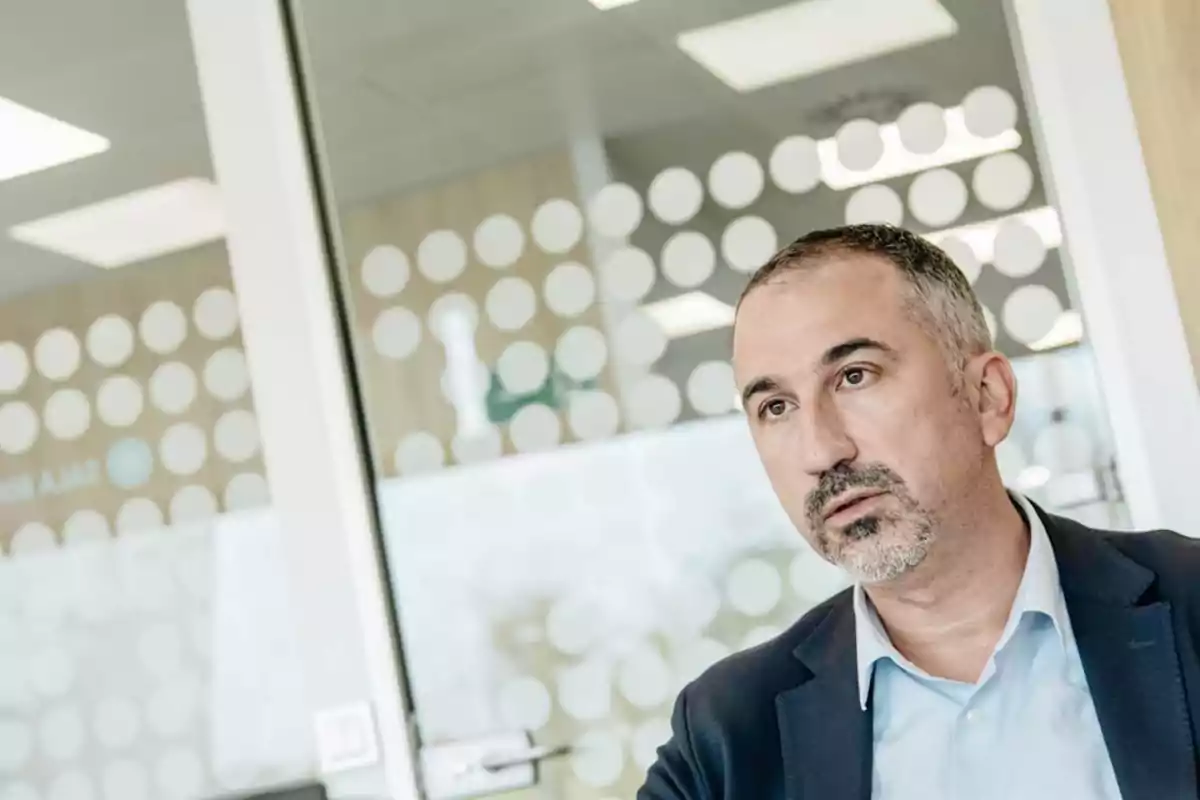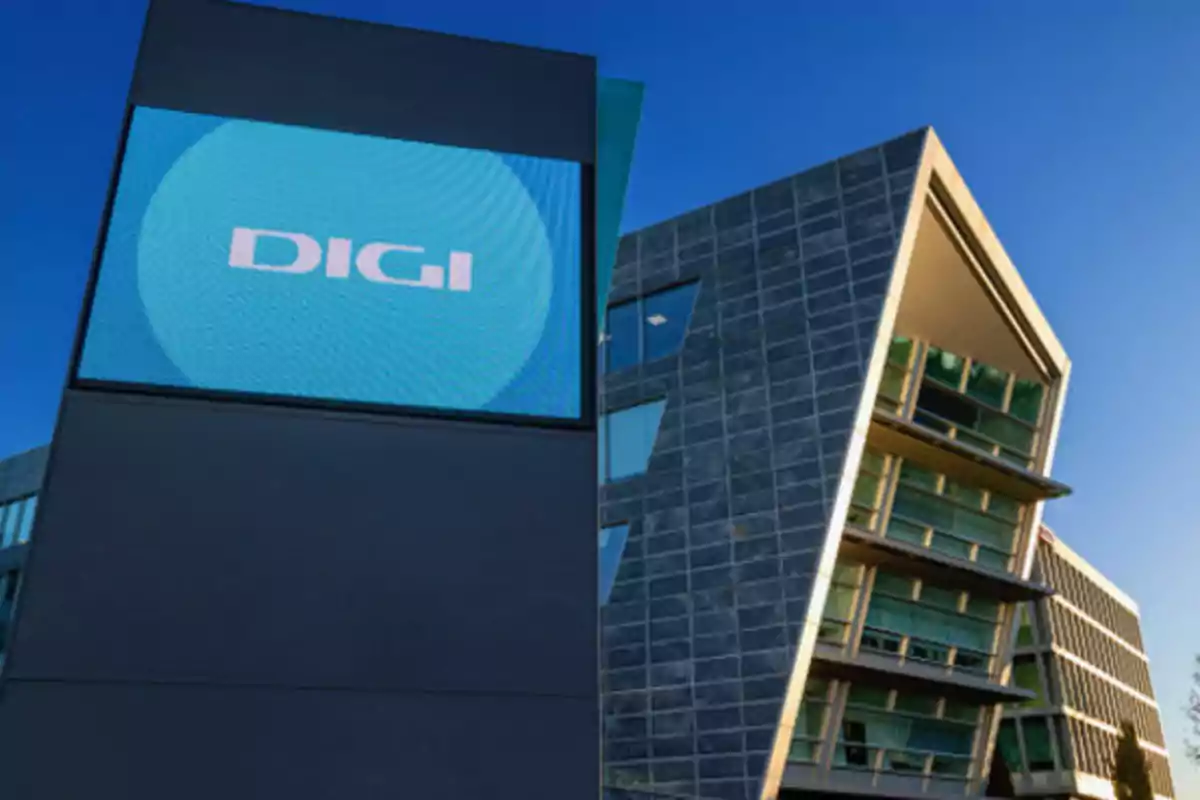
Marius Varzazu, the mastermind behind Digi turned Telefónica's scourge: his 'other side'
The Romanian CEO of Digi has promised investments of 2 billion (2.15 billion USD) over seven years and is fighting against Telefónica's Murtra
Digi has established itself as one of the most interesting emerging companies in the Spanish market. The Romanian-based company continues with its "aggressive" commercial offers, which benefits customers' wallets.
The democratization of prices is joined by an ambitious investment plan. Digi will invest €2 billion ($2.15 billion) until 2030 with the intention of approaching third place in the market. The sector's bronze is held by Vodafone, which is in a good moment under the leadership of the renowned José Miguel García.
Varzazu, a Successful Man
In a market as competitive as telecommunications in Spain, standing out is not an easy task. It is even harder to build from scratch an operator with its own network, ultra-competitive prices, a workforce of more than 7,500 employees, and more than nine million customers. But that is exactly what Marius Varzazu has achieved.

The discreet CEO of Digi Spain Telecom, the Spanish subsidiary of the Romanian company RCS & RDS, is in a great moment. Graduated from the Bucharest Academy of Economic Studies, Varzazu began his professional career in 2002 as an auditor at KPMG Romania.
Soon he made the leap to Digi in 2005, and since then he has been linked to the group in various positions of responsibility. In 2008, he arrived in Spain as executive director, just as Digi acquired a majority stake in its local subsidiary. In 2011, he was appointed CEO of Digi Spain Telecom, a position he has held since then with a clear vision: to grow sustainably without losing sight of efficiency and competitiveness.
From Niche MVNO to National Operator
When Digi arrived in Spain in the midst of the economic crisis, its goal was to serve the growing Romanian community that had settled in the country. With a proposal based on low prices and efficient service, the company gradually gained ground.

The major transformation began when Digi decided to deploy its own fiber optic network. This catapulted it from being a mobile virtual operator to becoming one of the giants in the sector. In 2024, Digi surpassed €783 million ($842 million) in revenue in Spain, 21.9% more than the previous year. It raised its EBITDA to €175 million ($188 million), which represents a 32.6% increase.
All this despite keeping one of the lowest average revenues per user (ARPU) in the market, around €8.7 ($9.35) per month. This is, without a doubt, one of Digi's weak points.
A Close Yet Forceful Management
Known by those close to him for an "austere and pragmatic character," Varzazu has combined financial rigor with a clear operational vision. That involvement has been essential to turn Digi into the fastest-growing operator in Spain.
In 2024, the company gained two million new lines and already operates with its own network in more than 12.5 million households (12,500,000), aiming to reach 20 million (20,000,000) in the coming years. This expansion is complemented by the opening of physical stores, the Digi Stores. These are located in key cities such as Barcelona, Valencia, Bilbao, or Badalona. It sponsors Rayo Vallecano, CA Osasuna, or Espanyol.
The Masterstroke: MásOrange's "Remedies"
One of the most relevant moments in Digi's and its CEO's recent trajectory was obtaining the remedies resulting from the merger between Orange and MásMóvil.
Brussels required both companies to transfer key assets (infrastructure and spectrum) to prevent an oligopoly. Digi, which competed with rivals such as Avatel, Adamo, or Finetwork, prevailed in the bidding. With this operation, it will become the country's fourth structural operator.

Varzazu did not hide the importance of the agreement. The company has committed €2 billion ($2.15 billion) in investments for the coming years, a figure that proves its commitment to the country.
The Challenge of Improving ARPU and Leaving Losses Behind
Although Digi has gained commercial strength, it still faces certain financial challenges. In 2023, it reported losses amounting to €14.3 million ($15.4 million), three times more than the previous year. To improve these margins, Varzazu has promoted the launch of Digi TV. This is a pay television platform that was already operating successfully in Portugal. For €7 ($7.53) per month, it offers a wide variety of movie, sports, entertainment, and documentary channels.
Digi TV is just one part of the new strategy. The company is also exploring partnerships with audiovisual content providers. It continues expanding its fiber network to reduce its dependence on third parties.
More posts: